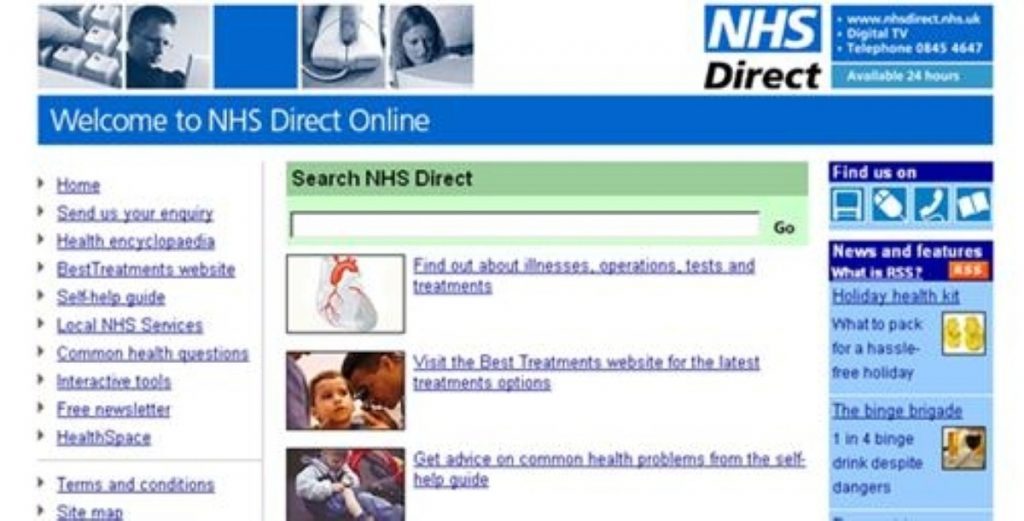NHS Direct reforms prompt strike threat
Nurses and other healthcare staff are threatening to strike over planned changes to NHS Direct that could see almost 600 people made redundant.
The Royal College of Nursing (RCN) and Unison, the biggest public sector union, warn that plans to cut staff, reduce the number of call centre locations and reduce the number of nurses manning the phones could damage patient care.
“This is a nurse-led success story, admired across the world, yet, we could see it dismantled with little thought or planning,” said RCN general secretary Beverly Malone.
Unison general secretary David Prentis added: “Hundreds of redundancies of staff and closure of call centres around England is not the way to make the service better. It is a recipe for disaster.”


NHS Direct is proposing to cut its 2,800-strong staff by 400, of whom 215 are expected to be through national turnover and 573 through redundancies.
The number of nurses manning the phones would also be reduced, from about two thirds of frontline staff to just half, and the number of health advisors increased.
It says that extra competition from other parts of the NHS, particularly in GP out-of-hours care, and a smaller than expected volume of calls to the new choose and book appointment lines have left it with excess capacity that must be dealt with.
This competition comes from the introduction of practice-based commissioning, a key plank of the government’s reform agenda for the health service, and today Dr Malone warned that the new reforms were having a negative impact across the NHS.
“NHS Direct was created by this government to lead NHS reforms, but it is now being asked to make cost-driven changes,” she argued.
“This is another example of inconsistency in the reform agenda with little thought for the consequences, where patients and staff will suffer.”
Mr Prentis said the planned changes were making staff extremely angry and unions were “gearing up for industrial action”, adding: “These proposals sacrifice quality for cost and the people who will suffer are the public in need of expert advice and reassurance.”
However, a spokesman for NHS Direct rejected suggestions that the service was being dismantled, insisting it was being improved. He said the proposed reforms would ensure it would develop along with the rest of the NHS to free up resources for frontline care.
“NHS Direct’s proposals for changing its organisation are about improving the service it provides to the public, not cost cutting,” he insisted, adding that the consultation on the plans was still open for another week.
But shadow health secretary Andrew Lansley was sceptical, warning that the government’s reforms were to blame.
“Many staff were employed at NHS Direct with a legitimate expectation that their skills would be used; now they face redundancy. It is a tragic waste of potential,” he said.
“Clearly, we should redeploy staff who have acquired excellent skills for handling telephone advice into local out-of-hours and unscheduled care services.”

